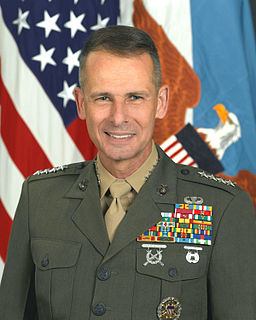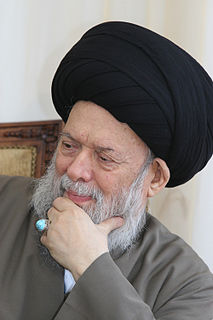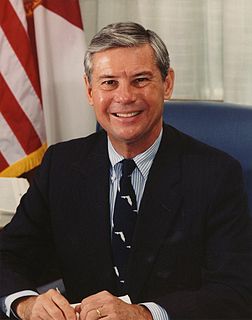A Quote by Anand Gopal
The central thesis of the American failure in Afghanistan - the one you'll hear from politicians and pundits and even scholars - was succinctly propounded by Deputy Secretary of State Richard Armitage: 'The war in Iraq drained resources from Afghanistan before things were under control'.
Related Quotes
Johnny Apple, a New York Times correspondent, wrote a front-page story saying Afghanistan could be a quagmire and he was mocked and derided. What is certainly true is that all sorts of resources that would have been used in Afghanistan were diverted to Iraq. Would those resources have helped? Almost undoubtedly. Whether or not Afghanistan would be a peaceful nation-state had we not gone into Iraq I doubt. Afghanistan is going to be Afghanistan, no matter how hard we try to make it something else.
When George W.Bush attacked Afghanistan, it was widely hailed, and the failure of our war there wasn't understood. Within a few months of attacking Afghanistan, Bush clearly moved on to get ready for Iraq, long before Osama bin Laden or Al Qaeda were dispensed with. There was never any serious debate in the press about whether even the notion that every Taliban was our enemy was valid. A lot of assumptions about that war were never challenged.
Afghanistan would have been difficult enough without Iraq. Iraq made it impossible. The argument that had we just focused on Afghanistan we'd now be okay is persuasive, but it omits the fact that we weren't supposed to get involved in nation-building in Afghanistan.In my new book, I open with a quote from Donald Rumsfeld. In October 2001, he said of Afghanistan: "It's not a quagmire." Ten years later there are 150,000 Western troops there.
Iraq at one time was actually a functioning government. It's a real state. Afghanistan is not Iraq. It's tribal. It's got a different - a number of different sects, never really had a solid government there running the country on any kind of a continuing basis. Well, to rebuild the nation of Afghanistan is going to be more difficult than rebuilding the nation of Iraq.






























